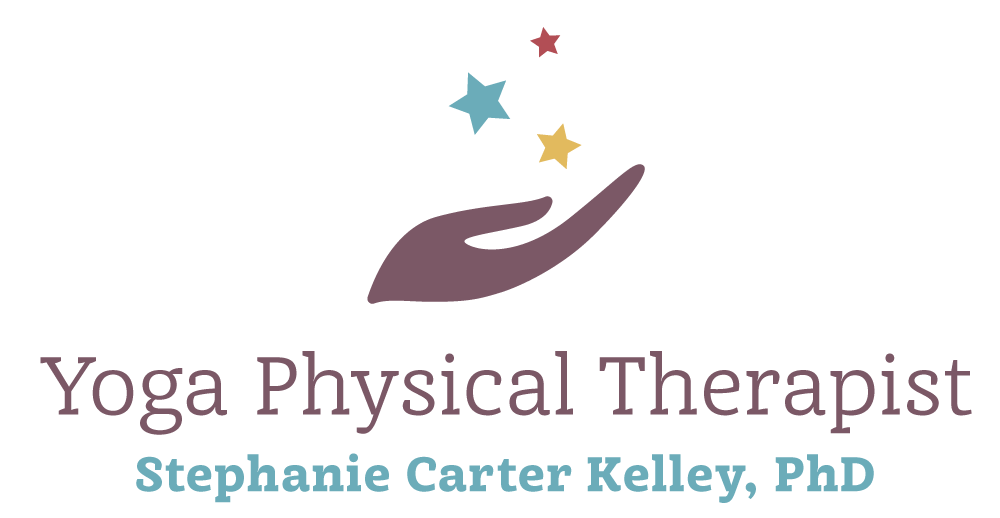I am planning a trip to the farmers market over the weekend. According to the Ohio Farm Bureau, August is a great month for the fruit and vegetable harvest in Ohio! Because I grew up in an agricultural county with a County Extension Agent Dad, I know a little about what goes into an abundant harvest. It is HARD work! Tending a garden is much like how we should take care of our own health: body, mind, and spirit. There really are no shortcuts, it is about consistency and perseverance.
One such shortcut “attempt” is a chemical weed killer. This summer I put my proverbial foot down on the use of toxic chemicals to control the weeds in my flower beds and yard. In past summers, my husband used Roundup to make our suburban house have acceptable curb appeal. But it seemed that each year he needed to use more of the stuff to get rid of weeds in the same areas. I do admit there is some satisfaction of the nice clean edge of landscaping once those pesky weeds wither and die. Granted, in previous summers I had trouble getting out there to pull the weeds because of lack of time or fear of straining my back while doing it. This year was different! I read Mark Hyman’s book, “Food: What the Heck Do I Eat” and he explains the potential danger of glyphosate in our food supply, the chemical found in Roundup. Why take a chance? I’m motivated to keep toxicity out of my yard, I’ve dispelled the fear that I will get hurt, and I had a little time. So I decided to try and stay ahead of the weeds before he could get out there with the sprayer.
What I noticed about the areas treated by Roundup in past summers, was the disorganized opportunistic mess of weeds that took over and spread to areas where beautiful green grass and flowers tried to exist. The seemingly more potent weeds sneak in and spread. As I was pulling these weeds, I thought about how this process in much like treating and experiencing Chronic Pain.
Taking opioids for chronic pain seemingly helps at first and provides satisfaction, much like looking at the bare ground where weeds once existed. But the pain returns and over time you may need more and more medication to decrease the pain. This is explained in recent research that showed using opioids for chronic pain actually increased the sensitivity to pain resulting in the need for higher doses of medication. I hope you get the irony here: the pain reliever ends up actually creating the need for more of the pain reliever!
Another parallel exists in the spread of weeds and pain. Chronic persistent pain spreads beyond the original source of insult or injury due to changes in the brain called smudging. Smudging is where the brain loses its ability to clearly define an area of pain. For example, the original pain was in the neck, but after many years, you now have shoulder pain, elbow pain and wrist pain. This spread of pain doesn’t indicate that you have injury in those areas of the body, but you have changes in your brain. I always love listening to David Butler explain pain (probably because of the accent) and in this video he describes the complicated concept of smudging. Thank goodness we have treatment tools available to affect the plastic nature of our brains so that we can reverse smudging. Treatments like Graded Motor Imagery and practicing Left/Right discrimination are much like using the gardening edger along my flower beds and sidewalks.
Though pulling each weed out by the root is time consuming hard work, it is much more effective in the long term for week elimination. And if you don’t mind the look or taste of these weeds, according to Bruce Ackley’s (another Extension Agent) book, some are also edible and provide essential nutrients. Just like weeding by hand, the process of managing your pain with mind-body techniques; movement, activity and exercise; and maybe even counseling to address the emotional component can be HARD work. Through the process you might also discover that the pain you experience has an important message. Working to relieve pain through hard work might lead to a discovery about your Self. So like the weed that can also provide nourishment, your pain just might end up helping you understand your spirit or purpose.
I know, I know that’s deep stuff. But the biggest most problematic weeds in MY garden have the deepest roots!
Let me know if you need help tending your garden.
Namaste,
